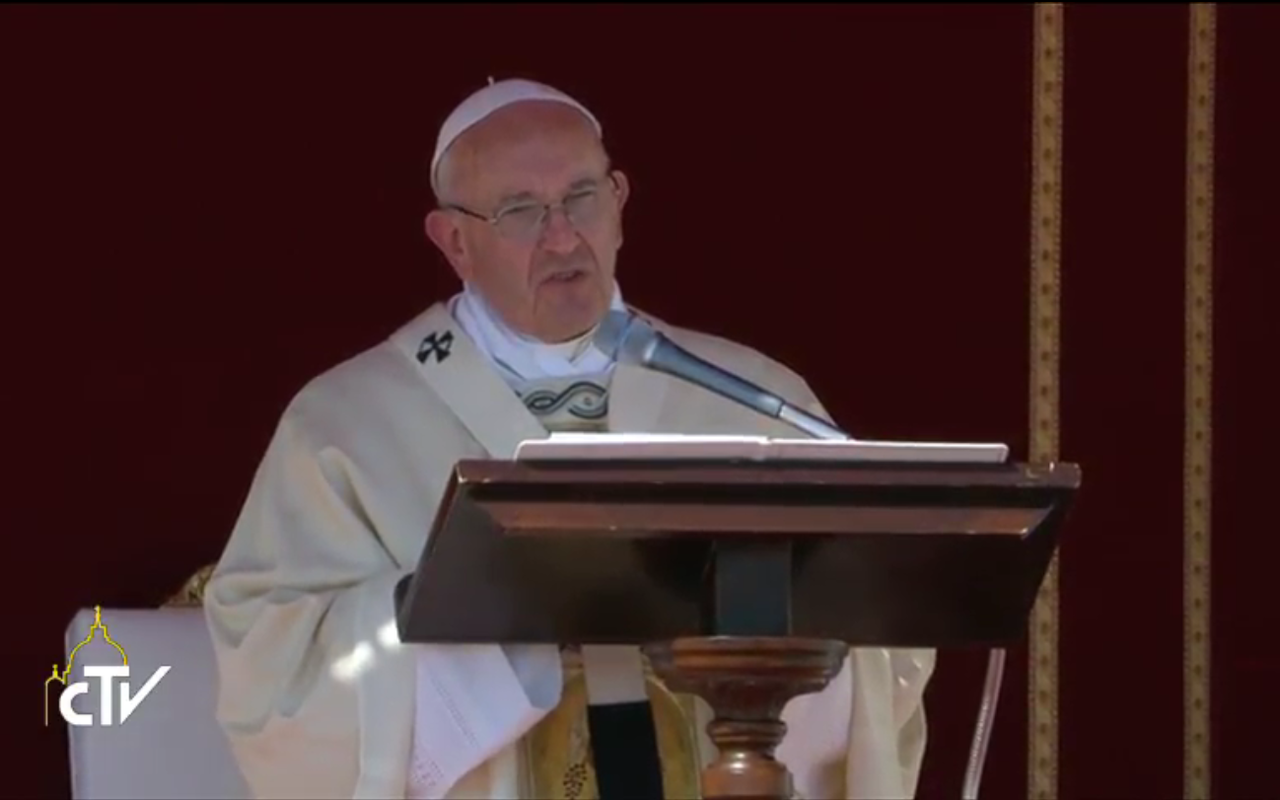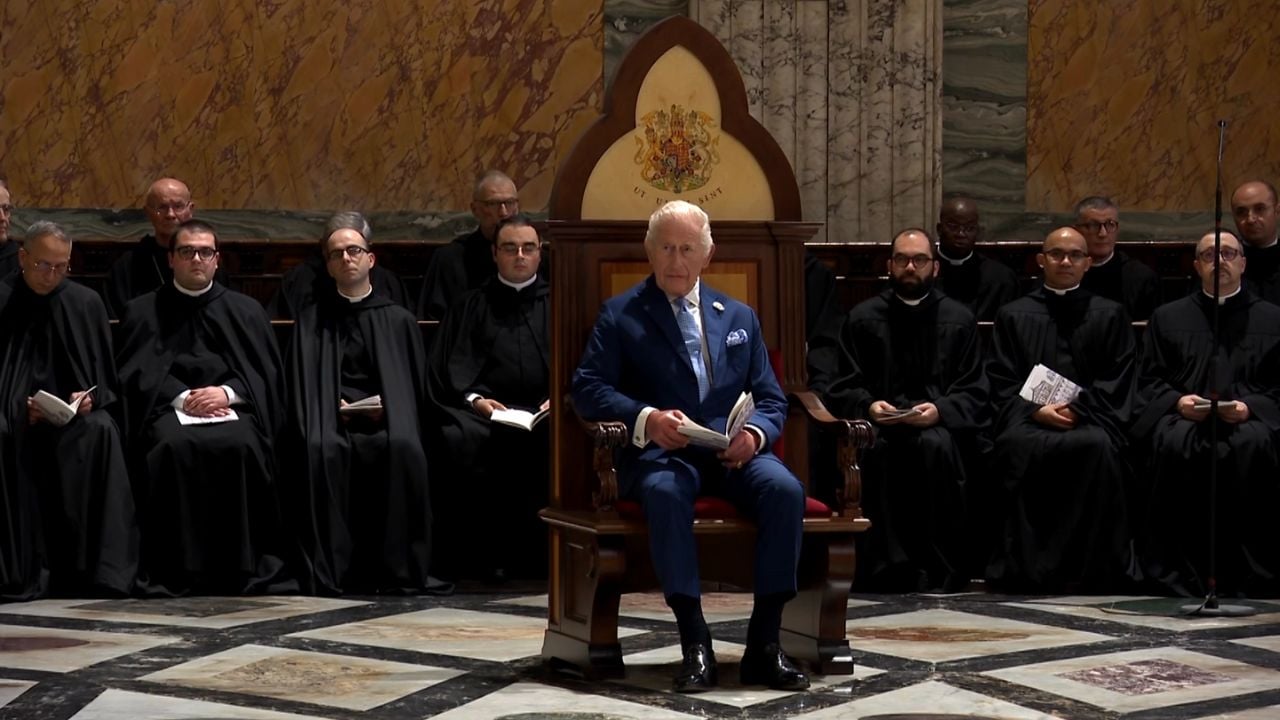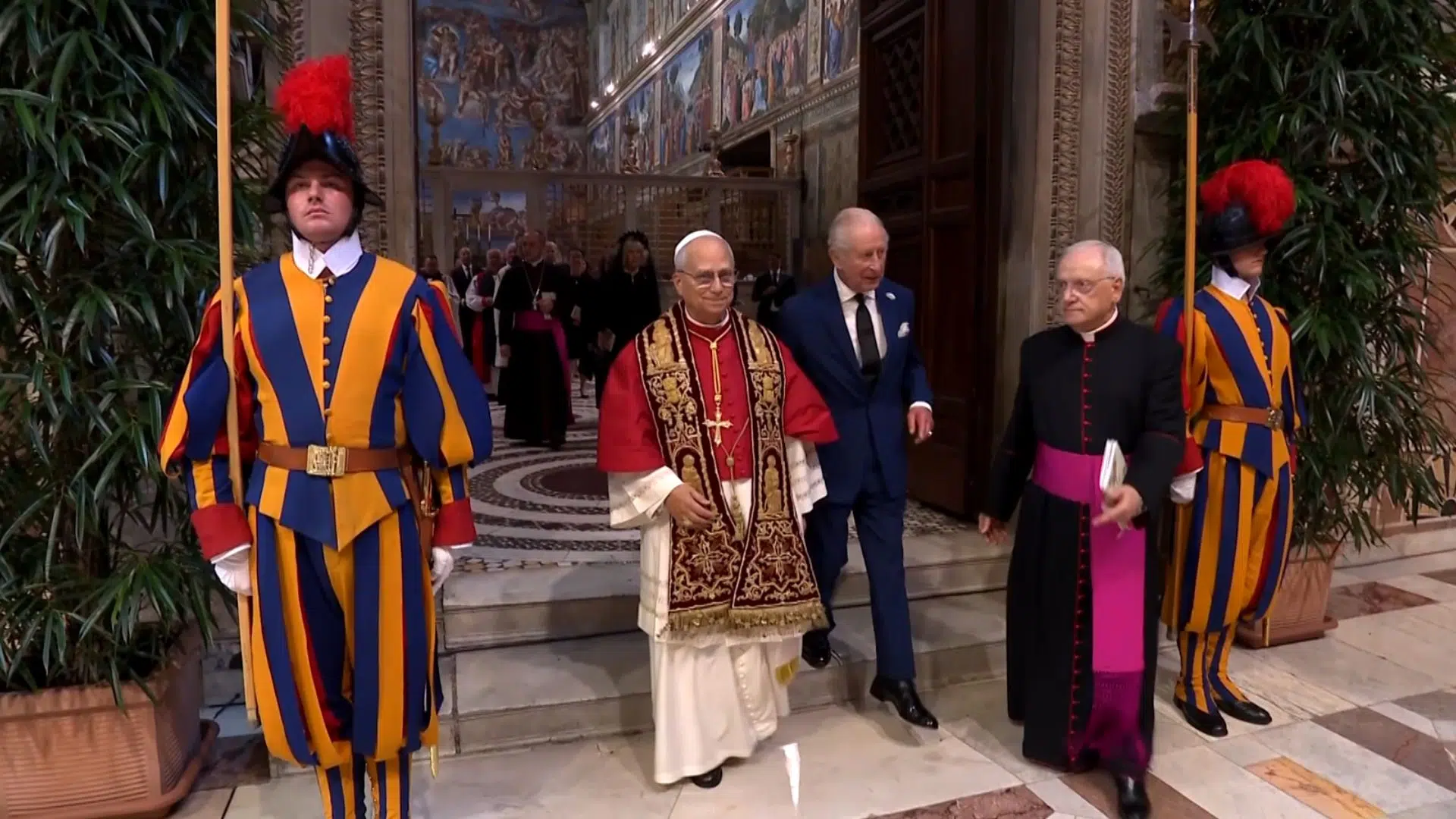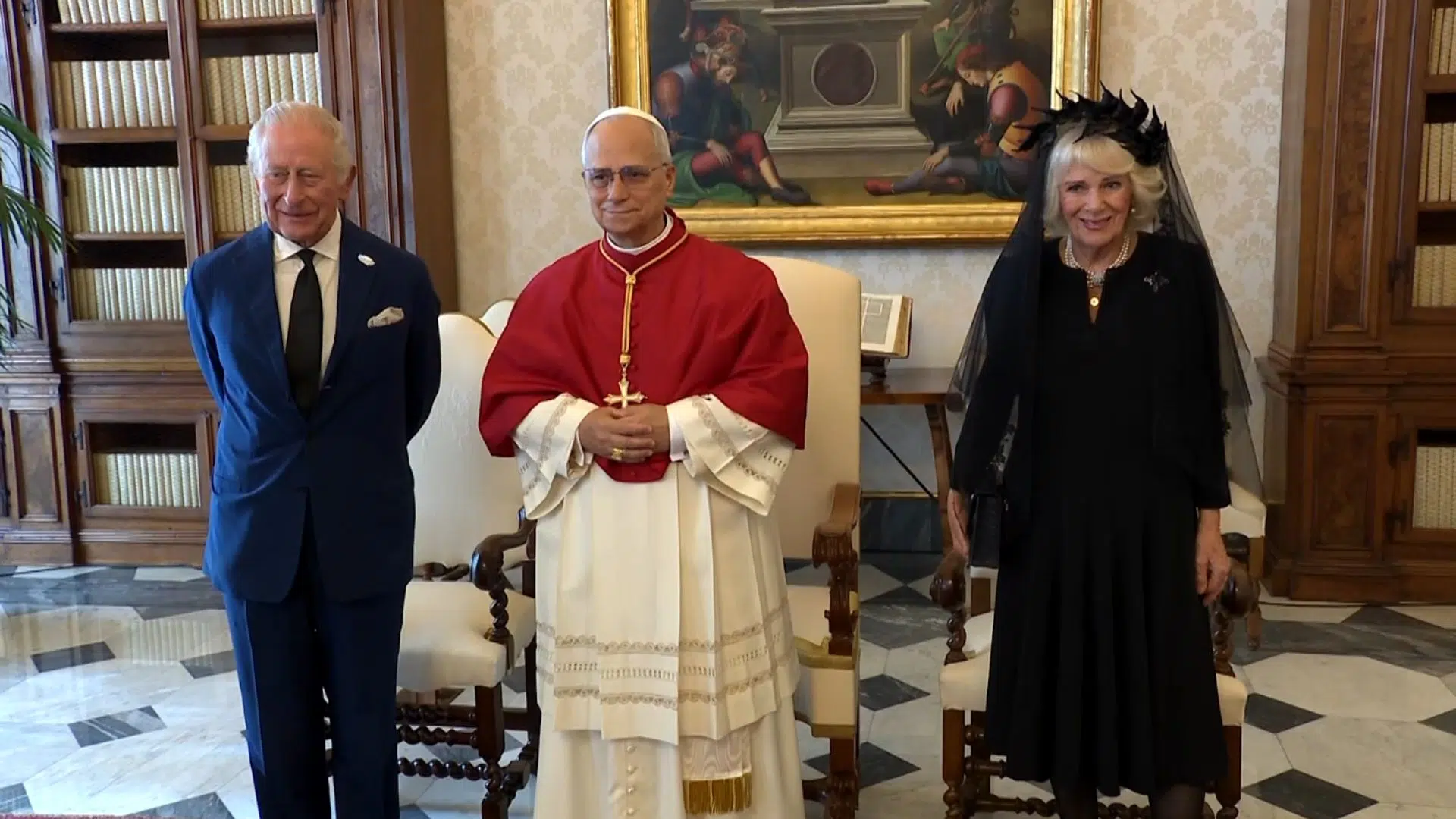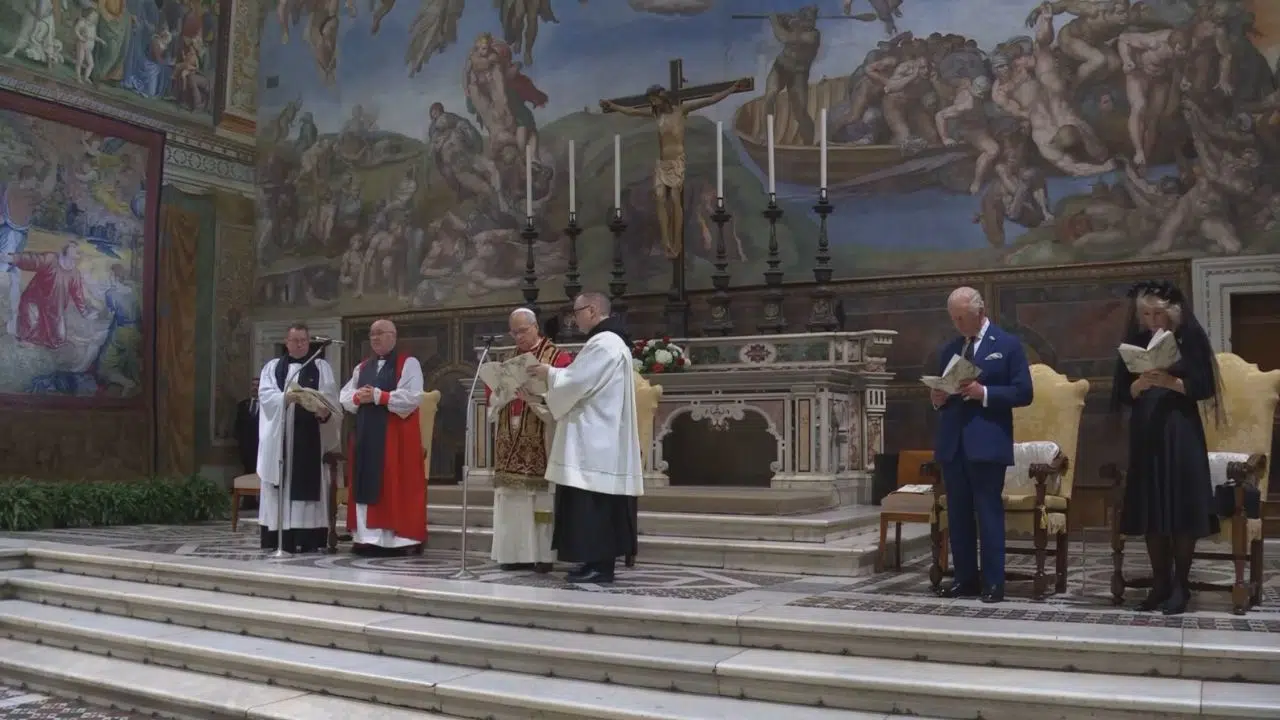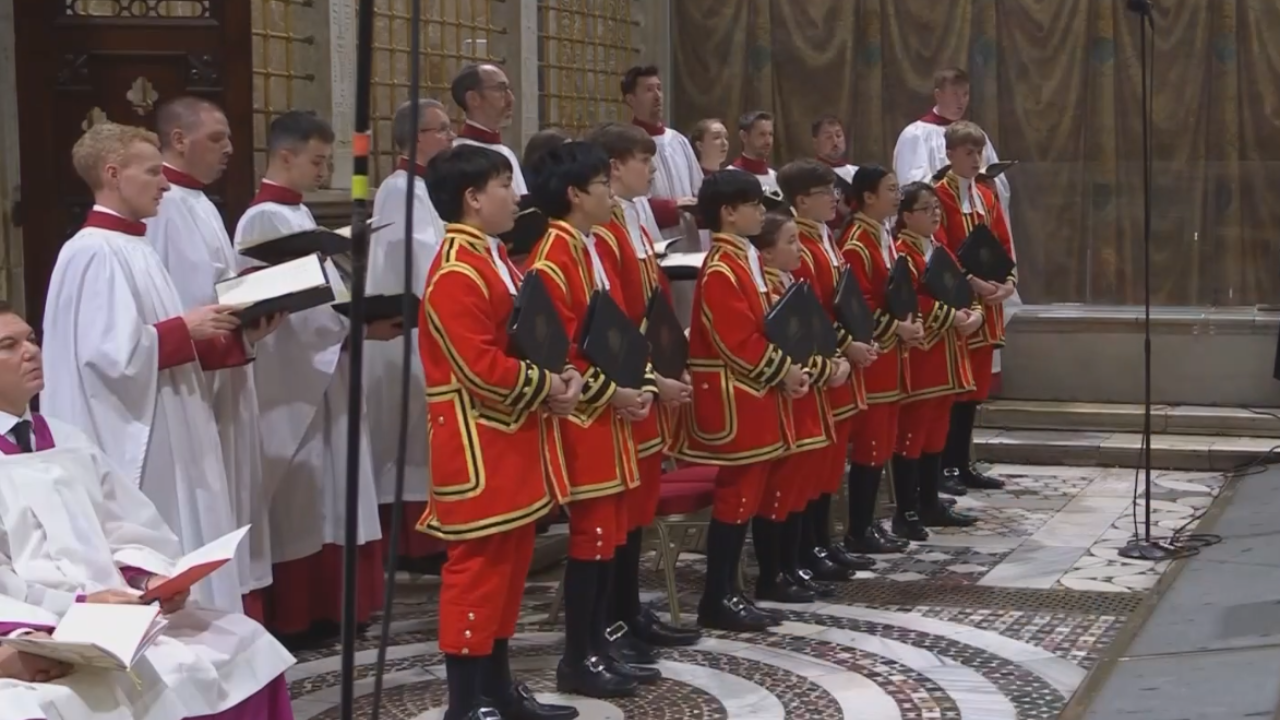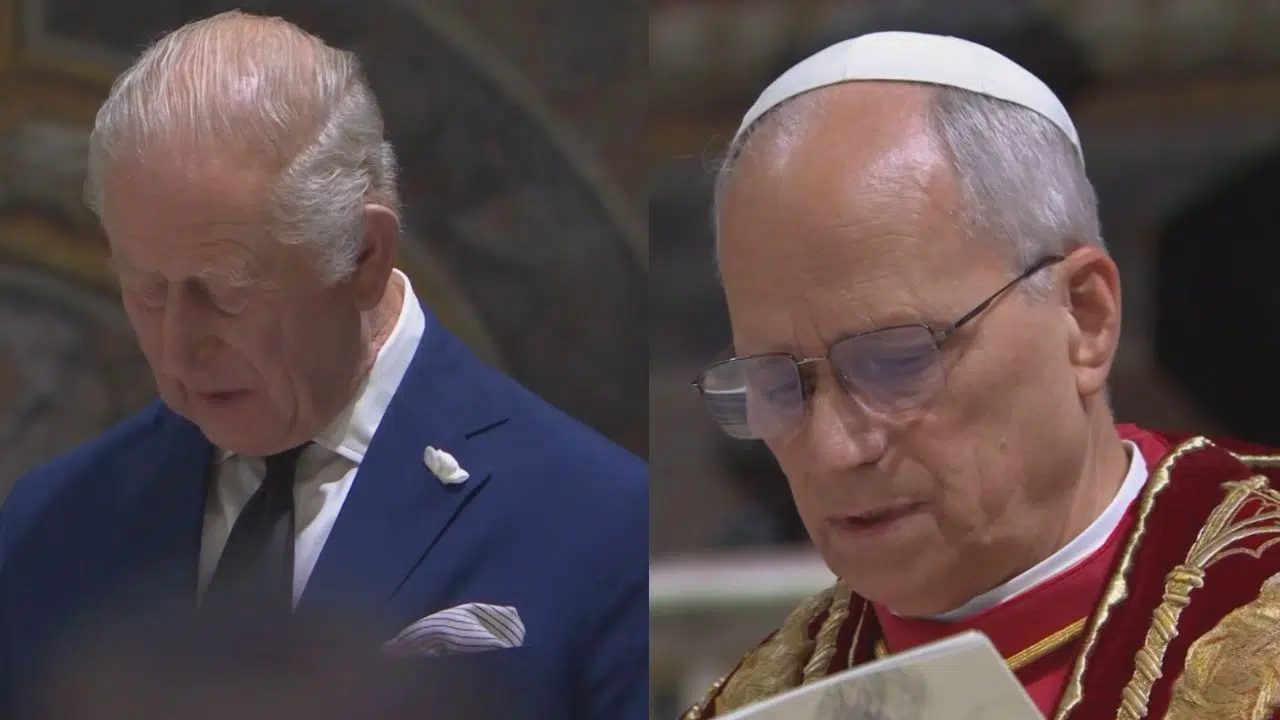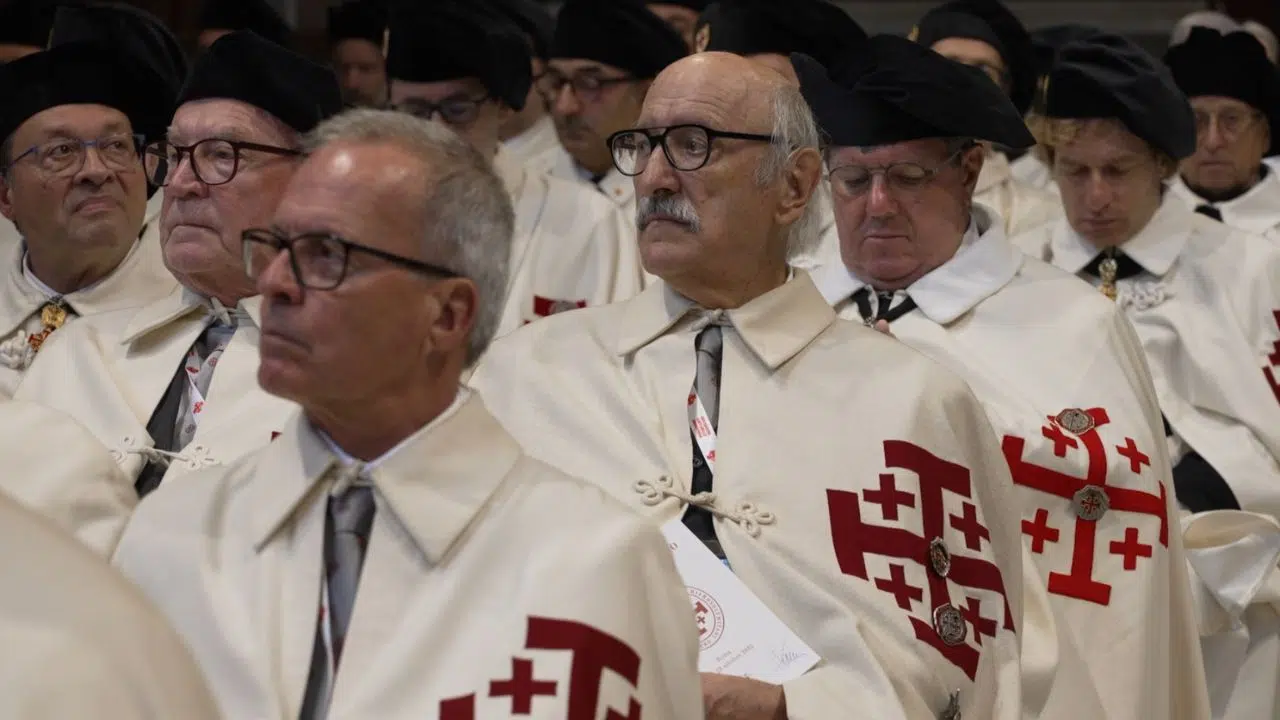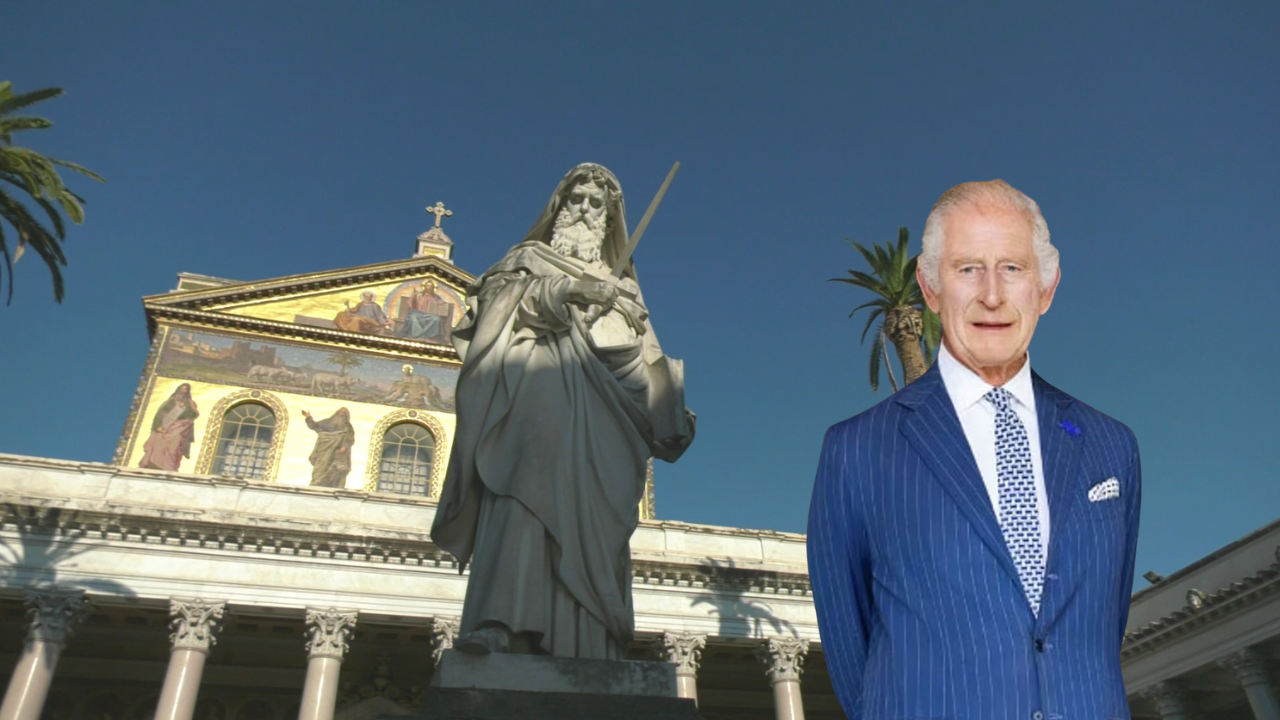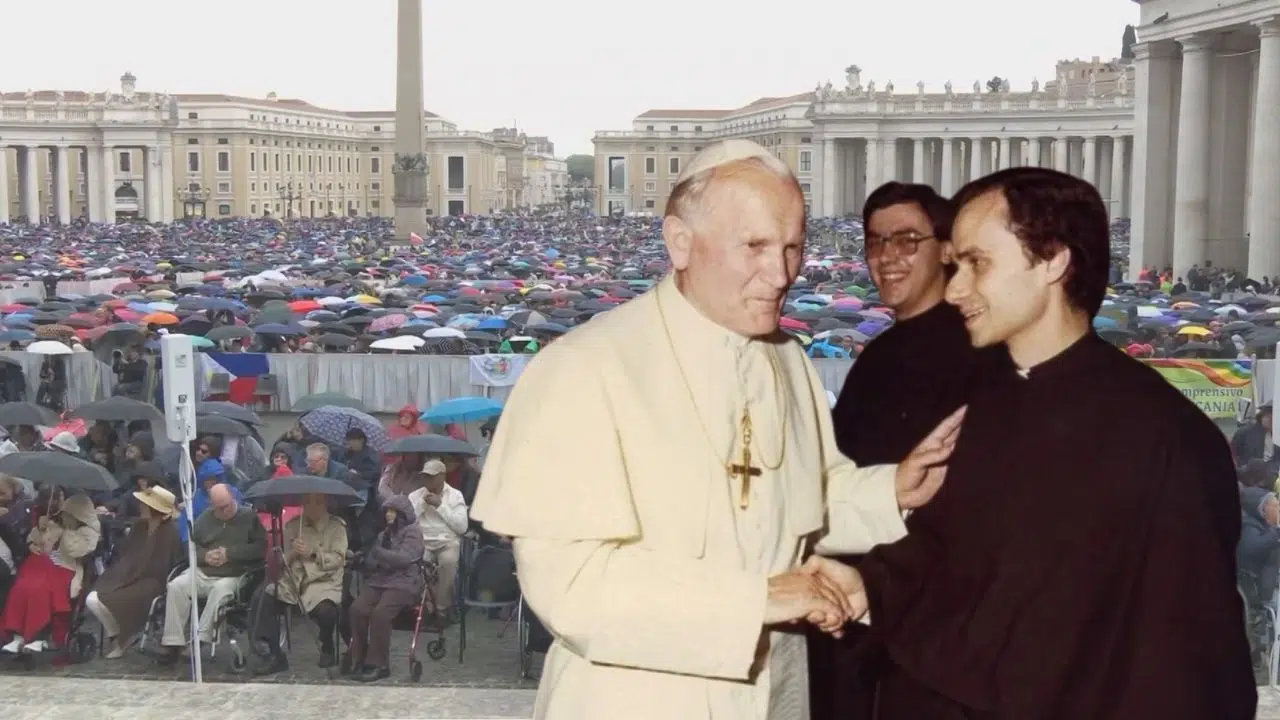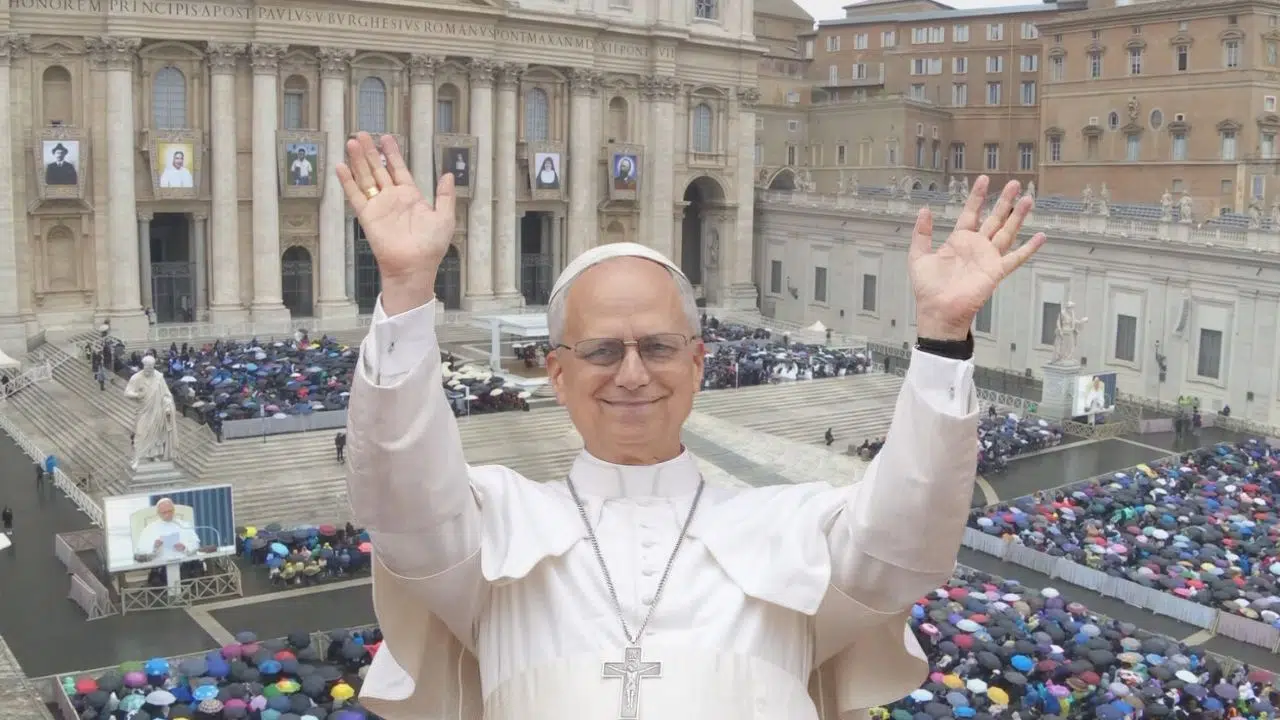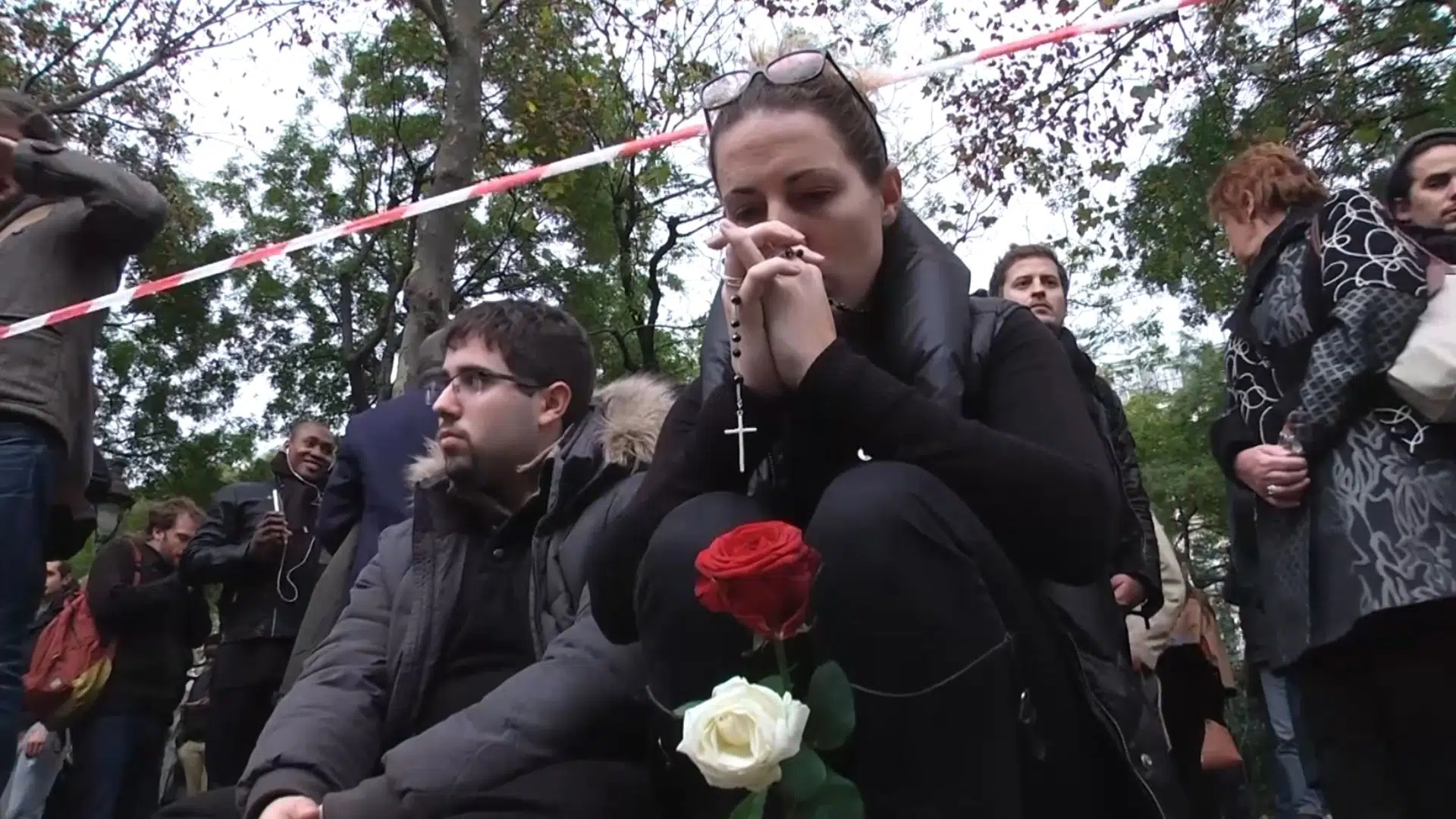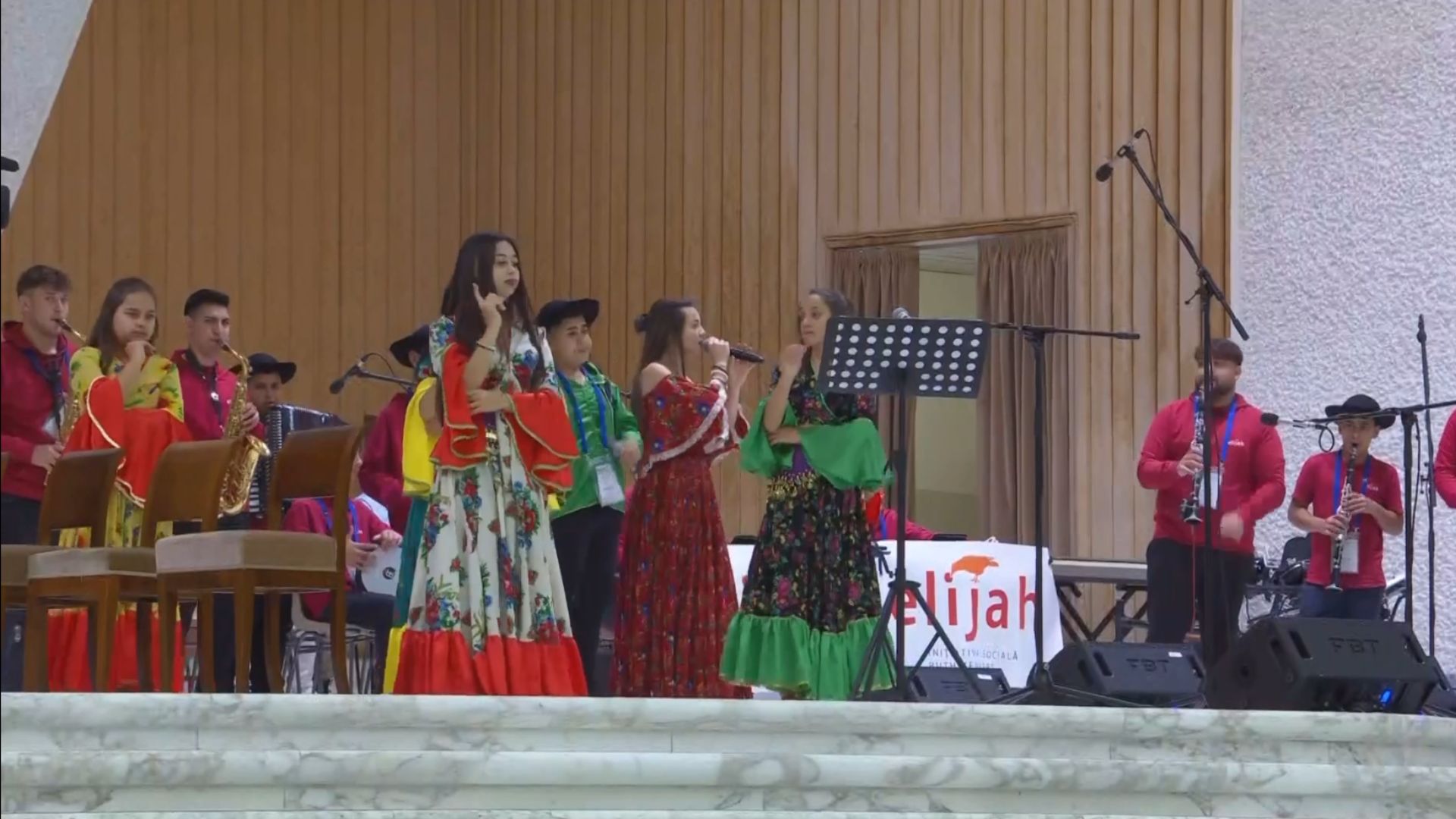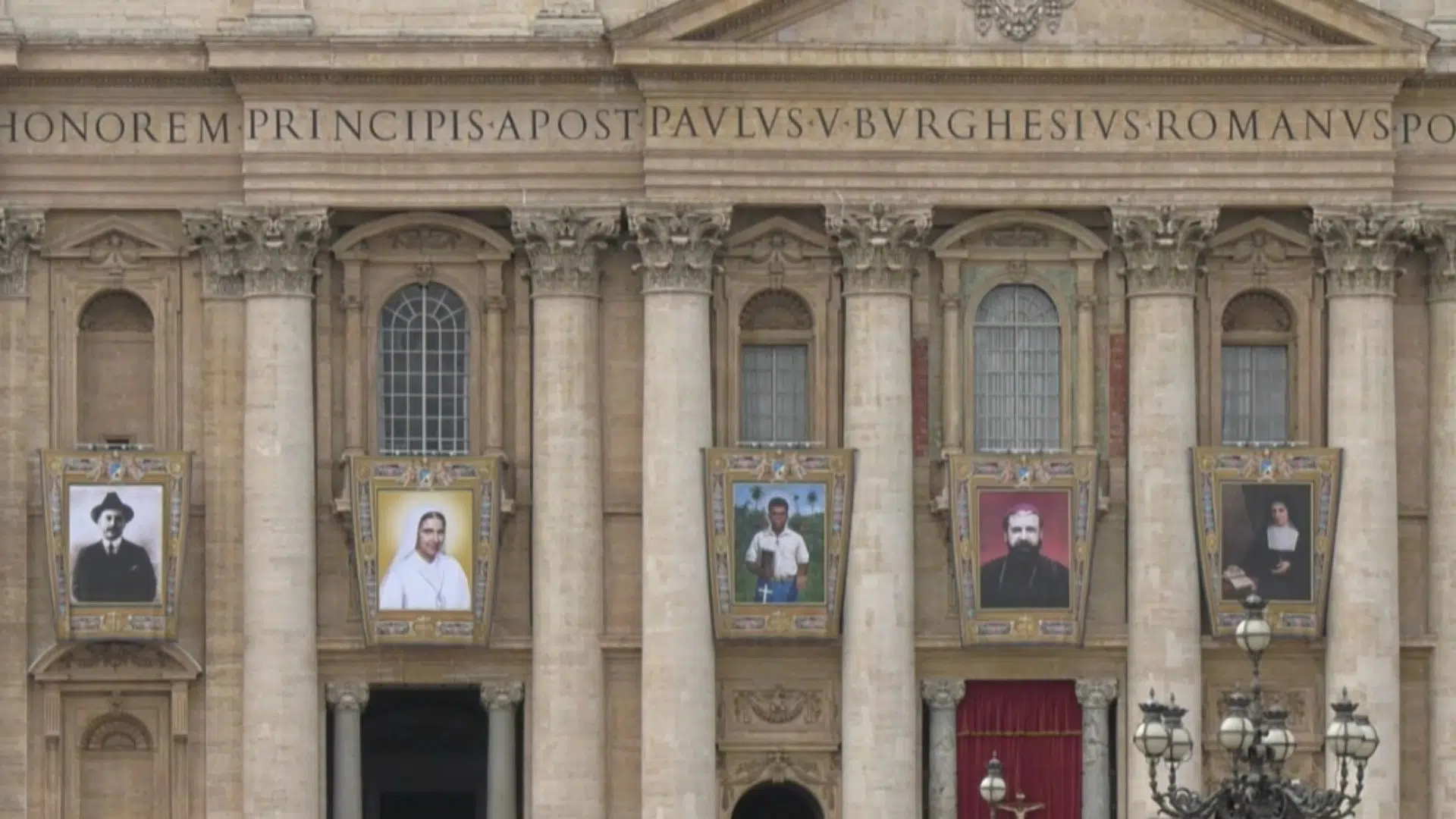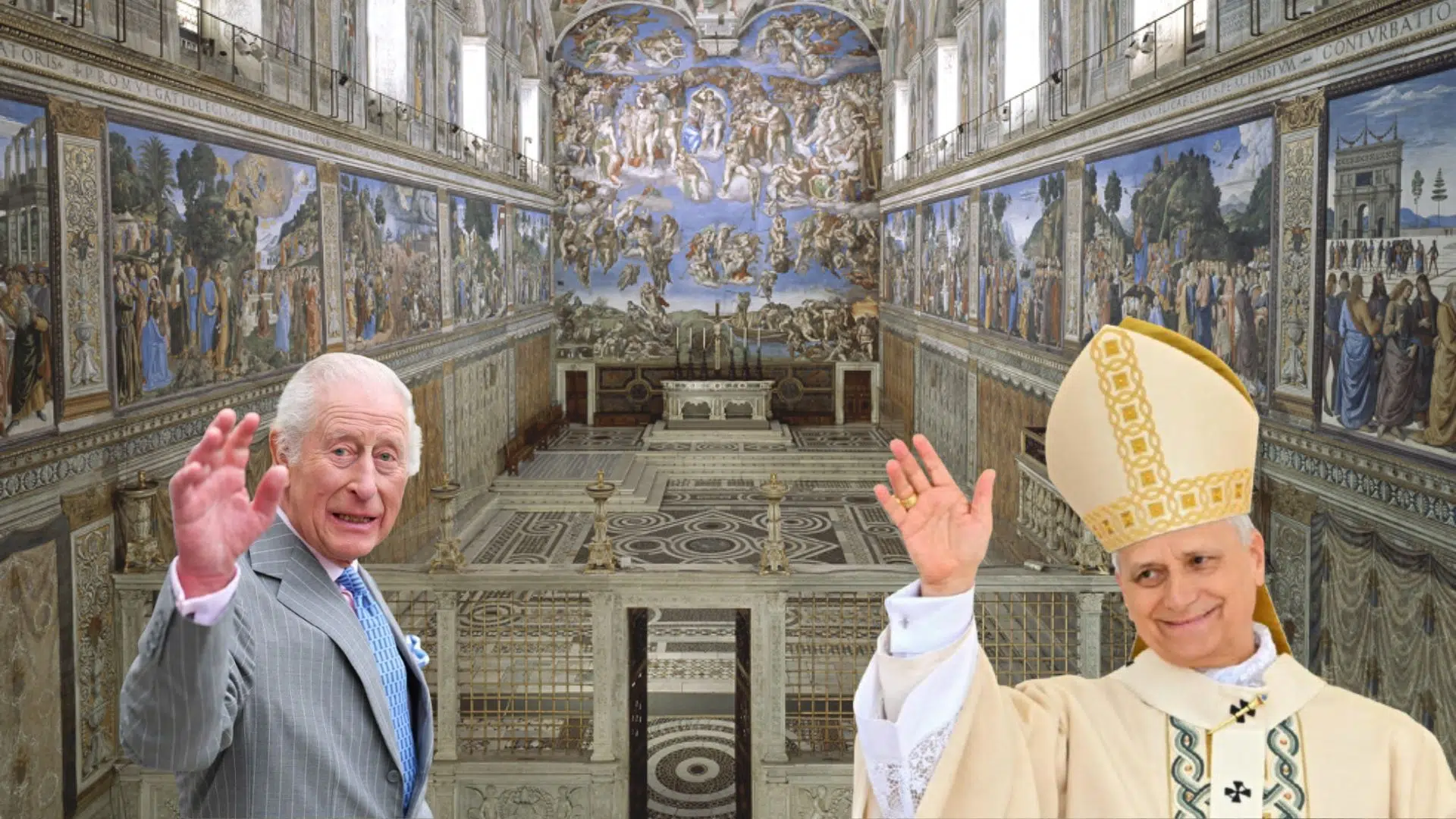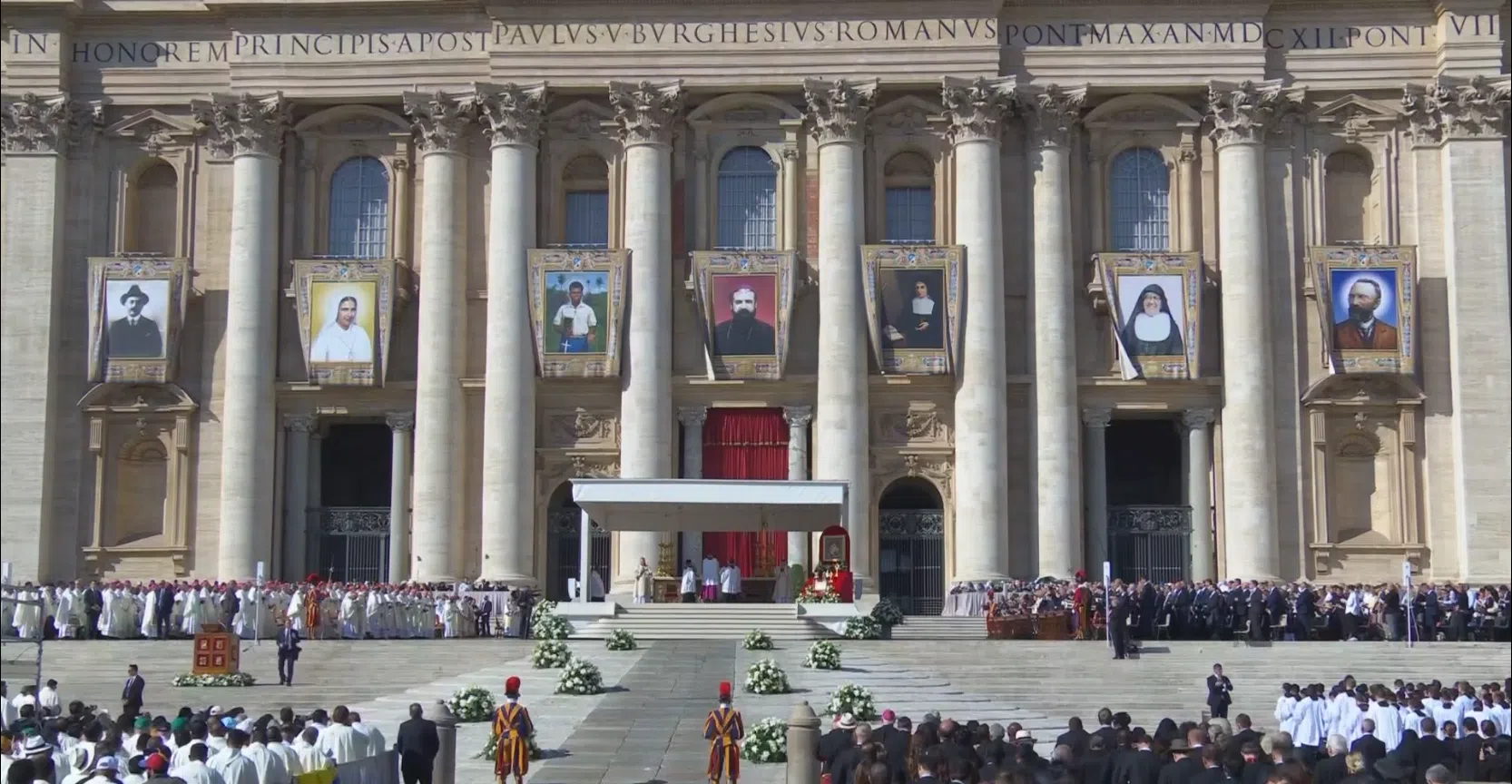'Who can learn the counsel of God?â? (Wis 9:13). This question from the Book of Wisdom that we have just heard in the first reading suggests that our life is a mystery and that we do not possess the key to understanding it. There are always two protagonists in history: God and man. Our task is to perceive the call of God and then to do his will. But in order to do his will, we must ask ourselves, 'What is Godâ??s will in my life?â?
We find the answer in the same passage of the Book of Wisdom: 'People were taught what pleases youâ? (Wis 9:18). In order to ascertain the call of God, we must ask ourselves and understand what pleases God. On many occasions the prophets proclaimed what was pleasing to God. Their message found a wonderful synthesis in the words 'I want mercy, not sacrificeâ? (Hos 6:6; Mt 9:13). God is pleased by every act of mercy, because in the brother or sister that we assist, we recognize the face of God which no one can see (cf. Jn 1:18). Each time we bend down to the needs of our brothers and sisters, we give Jesus something to eat and drink; we clothe, we help, and we visit the Son of God (cf. Mt 25:40).
We are thus called to translate into concrete acts that which we invoke in prayer and profess in faith. There is no alternative to charity: those who put themselves at the service of others, even when they donâ??t know it, are those who love God (cf. 1 Jn 3:16-18; Jas 2:14-18). The Christian life, however, is not merely extending a hand in times of need. If it is just this, it can be, certainly, a lovely expression of human solidarity which offers immediate benefits, but it is sterile because it lacks roots. The task which the Lord gives us, on the contrary, is the vocation to charity in which each of Christâ??s disciples puts his or her entire life at his service, so to grow each day in love.
We heard in the Gospel, 'Large crowds were travelling with Jesusâ? (Lk 14:25). Today, this 'large crowdâ? is seen in the great number of volunteers who have come together for the Jubilee of Mercy. You are that crowd who follows the Master and who makes visible his concrete love for each person. I repeat to you the words of the Apostle Paul: 'I have indeed received much joy and comfort from your love, because the hearts of the saints have been refreshed through youâ? (Philem 1:7). How many hearts have been comforted by volunteers! How many hands they have held; how many tears they have wiped away; how much love has been poured out in hidden, humble and selfless service! This praiseworthy service gives voice to the faith and expresses the mercy of the Father, who draws near to those in need.
Following Jesus is a serious task, and, at the same time, one filled with joy; it takes a certain daring and courage to recognize the divine Master in the poorest of the poor and to give oneself in their service. In order to do so, volunteers, who out of love of Jesus serve the poor and the needy, do not expect any thanks or recompense; rather they renounce all this because they have discovered
true love. Just as the Lord has come to meet me and has stooped down to my level in my hour of need, so too do I go to meet him, bending low before those who have lost faith or who live as though God did not exist, before young people without values or ideals, before families in crisis, before the ill and the imprisoned, before refugees and immigrants, before the weak and defenceless in body and spirit, before abandoned children, before the elderly who are on their own. Wherever someone is reaching out, asking for a helping hand in order to get up, this is where our presence â?? and the presence of the Church which sustains and offers hope â?? must be.
Mother Teresa, in all aspects of her life, was a generous dispenser of divine mercy, making herself available for everyone through her welcome and defence of human life, those unborn and those abandoned and discarded. She was committed to defending life, ceaselessly proclaiming that 'the unborn are the weakest, the smallest, the most vulnerableâ?. She bowed down before those who were spent, left to die on the side of the road, seeing in them their God-given dignity; she made her voice heard before the powers of this world, so that they might recognize their guilt for the crime of poverty they created. For Mother Teresa, mercy was the 'saltâ? which gave flavour to her work, it was the 'lightâ? which shone in the darkness of the many who no longer had tears to shed for their poverty and suffering.
Her mission to the urban and existential peripheries remains for us today an eloquent witness to Godâ??s closeness to the poorest of the poor. Today, I pass on this emblematic figure of womanhood and of consecrated life to the whole world of volunteers: may she be your model of holiness! May this tireless worker of mercy help us to increasingly understand that our only criterion for action is gratuitous love, free from every ideology and all obligations, offered freely to everyone without distinction of language, culture, race or religion. Mother Teresa loved to say,
'Perhaps I donâ??t speak their language, but I can smileâ?. Let us carry her smile in our hearts and give it to those whom we meet along our journey, especially those who suffer. In this way, we will open up opportunities of joy and hope for our many brothers and sisters who are discouraged and who stand in need of understanding and tenderness.
